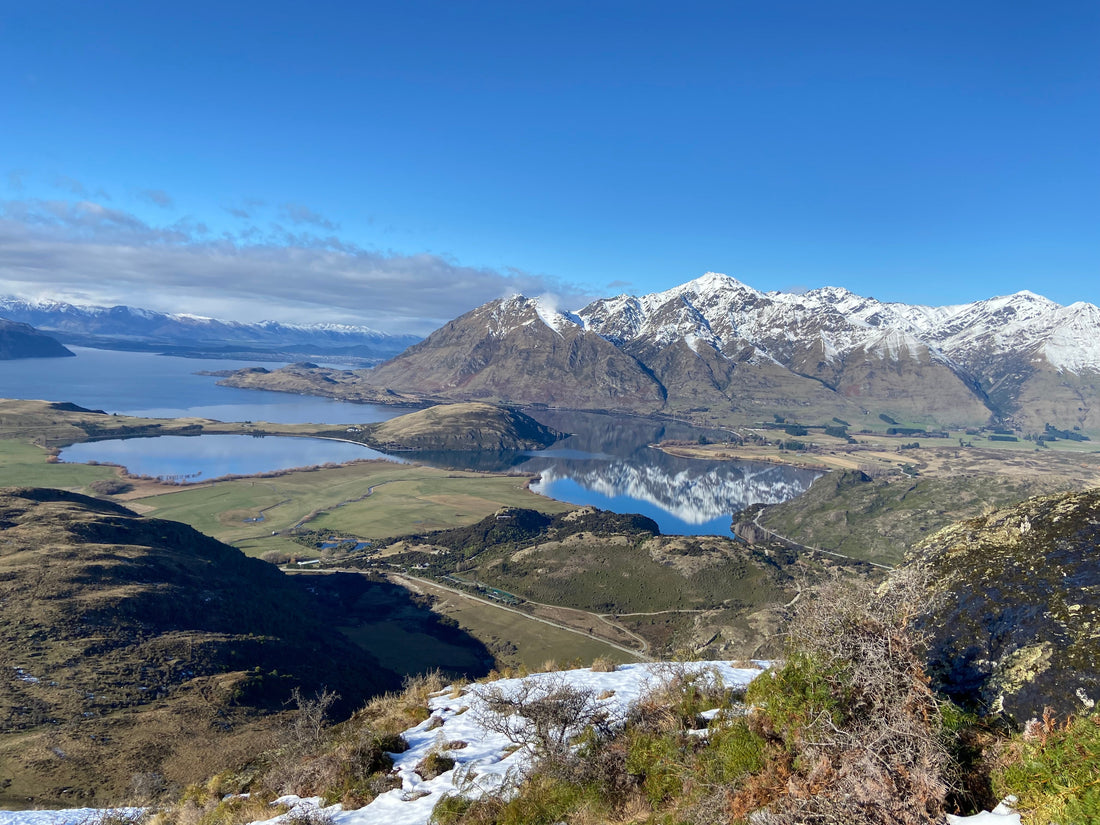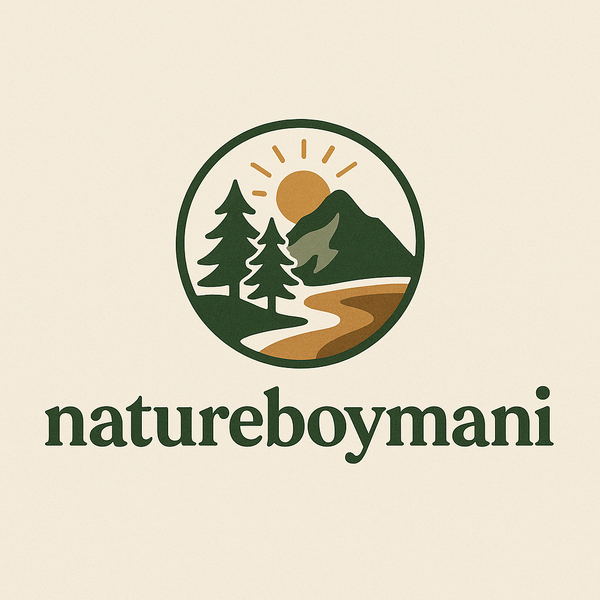
Your Essential Guide to Migrating to New Zealand
Share
Imagine a life where stunning natural landscapes meet a culture that genuinely values work-life balance. A country where career opportunities in innovative industries are balanced with time for family, friends, and adventure. This is the promise of Aotearoa, New Zealand – a nation consistently ranked among the best in the world for quality of life, safety, and stability.
But how do you turn this dream into a reality? The path to calling New Zealand home is a journey, one that requires careful planning and strategic decisions. This guide will walk you through the foundational pillars of the migration process, giving you the clarity you need to start your journey with confidence.
Part 1: Is New Zealand the Right Fit for You?
Before diving into visa applications, it's crucial to understand the Kiwi way of life. New Zealand culture is built on a few core values:
-
Egalitarianism: Kiwis have a down-to-earth nature and tend to dislike hierarchy. People are treated with respect, regardless of their status.
-
Work-Life Balance: This isn't just a buzzword; it's a reality. While Kiwis are hardworking, there's a deep societal belief in having time for family, hobbies, and relaxation.
-
Connection to Nature: There's a profound appreciation for the outdoors. Kaitiakitanga, the Māori concept of guardianship for the land and sea, resonates deeply.
Economically, New Zealand has a stable, developed economy with critical skill shortages in key sectors. This means there are real opportunities for qualified migrants in fields like:
-
Healthcare (Nurses, Doctors, Allied Health)
-
Information Technology (Software Developers, Cybersecurity, Data Analysts)
-
Engineering (Civil, Electrical, Mechanical)
-
Construction (Quantity Surveyors, Project Managers, Trades)
-
Agriculture & AgTech
If a lifestyle that blends professional growth with personal well-being in a stunning environment appeals to you, then you're looking in the right place.
Part 2: The "How" - Your Core Migration Pathways
Broadly speaking, there are three main avenues for skilled migration to New Zealand. Your personal circumstances, qualifications, and goals will determine which path is most suitable for you.
-
The Study Pathway: This is one of the most common and strategic routes. You come to New Zealand to study for a qualification that is in demand. This not only equips you with NZ-specific knowledge but also makes you eligible for a Post-Study Work Visa, giving you time to find a skilled job and transition to residence.
-
The Skilled Migrant Pathway: If you are already qualified and have work experience in a skilled occupation, you may be able to apply for residence directly. This is primarily managed through two systems: the Green List (for occupations in highest demand) and the points-based Skilled Migrant Category (SMC).
-
The Partnership Pathway: If your partner is a New Zealand citizen or resident, you may be eligible to apply for a visa based on your relationship. This pathway requires you to provide substantial evidence that you are living together in a genuine and stable relationship.
For the rest of this guide, we'll focus on the Study and Skilled Migrant pathways, as they represent the most common routes for individuals and families looking to build a new life here.
Part 3: The Study Pathway – Your Strategic First Step
Choosing to study in New Zealand is a powerful first move on your migration journey. The system is explicitly designed to attract and retain talented individuals who can contribute to the economy.
Understanding the System: NZQA Levels are Key
The New Zealand Qualifications Authority (NZQA) framework organizes all qualifications into 10 levels. For migration, the most important levels are:
-
Level 7: Bachelor's Degree or Graduate Diploma. A Bachelor's degree is a significant milestone that generally makes you eligible for a 3-year Post-Study Work Visa.
-
Level 8: Postgraduate Diploma or a Bachelor's with Honours.
-
Level 9: Master's Degree.
-
Level 10: PhD.
The Golden Ticket: The Post-Study Work Visa (PSWV)
The PSWV is the critical bridge between your studies and residence. After completing an eligible qualification (typically a Bachelor's degree or higher), this visa allows you to work for almost any employer in New Zealand. This gives you invaluable time to secure a skilled job that aligns with a residence pathway.
Your Study Choice is Your Migration Choice
Passion is important, but if migration is your goal, your study choice must be strategic. A qualification is a key that needs to unlock the door to a skilled job. Before enrolling, you must ask:
-
Does this qualification align with an occupation on the Green List or one that can earn enough points under the SMC?
-
Is there genuine demand for graduates in this field in New Zealand?
-
Will this qualification make me eligible for a Post-Study Work Visa?
Choosing a course that doesn't align with New Zealand's skill needs can be a very expensive dead end.
Part 4: The Skilled Migration Pathways – Green List & SMC
Once you have a New Zealand qualification and a skilled job offer, you can look to the main residence pathways.
The Green List: The Fast Track
The Green List contains a specific list of highly skilled occupations that are in critical demand. If your role is on this list and you meet the specific requirements (like qualifications, registration, and salary), you have a clearer, faster route to residence.
-
Tier 1 (Straight to Residence): For roles like Civil Engineers, Software Engineers, and Registered Nurses. You can apply for residence directly once you have a qualifying job offer.
-
Tier 2 (Work to Residence): For roles like Electricians, Secondary School Teachers, and Automotive Mechanics. This requires you to work in the role in New Zealand for two years before you can apply for residence.
The Skilled Migrant Category (SMC): The Points-Based System
If your job isn't on the Green List, the SMC is the main pathway. You need to claim 6 points to be eligible. Points are awarded for:
-
Qualifications: (e.g., a Bachelor's degree gives you 3 points, a Master's gives you 5).
-
Professional Registration: (If your occupation requires it, this can be worth 3-6 points).
-
High Income: (Earning 1.5x the median wage can get you 3 points, with more points for higher salaries).
-
NZ Skilled Work Experience: You also get 1 point for every year of skilled work in New Zealand (up to 3 points).
Success in the SMC depends on having a skilled job offer from an accredited employer that pays at least the median wage, combined with your qualifications and experience.
Part 5: Your Roadmap to Success & Avoiding the Traps
Navigating this process requires diligence and the right tools.
Cracking the Kiwi Job Market
-
Your CV: Keep it to 2-3 pages, focus on achievements, and tailor it for every application. Omit personal details like photos and marital status.
-
Job Boards: Seek.co.nz, TradeMe Jobs, and LinkedIn are your primary resources.
-
Accredited Employers: For most skilled work visas and the SMC pathway, your job offer must come from an INZ Accredited Employer. You can find lists of these employers online.
The Biggest Pitfall to Avoid: Scams and Misinformation
The complexity of migration makes hopefuls vulnerable to scams. Unlicensed advisors often make promises of guaranteed jobs or visas for huge fees, leading to failed applications and financial loss.
-
Your Rule of Thumb: The only official sources of truth are the Immigration New Zealand (INZ) and NZQA websites. Cross-check everything you are told with these sites.
-
Licensed Advisers: If you need help, only use a Licensed Immigration Adviser (LIA). You can check their license status on the Immigration Advisers Authority (IAA) website.
Ready to Take Your Journey Seriously?
This guide provides the foundational knowledge you need to start planning. You now understand the key pathways, the importance of strategic decisions, and the major pitfalls to avoid.
But for a journey this important, the details matter. What if you had a complete, step-by-step roadmap?
My name is @natureboymani, and I created The Ultimate New Zealand Migration Guide from my own successful journey. It's a 150-page deep dive that covers everything you need in meticulous detail—from in-depth regional guides and cost-of-living breakdowns to a curated list of 150+ courses directly linked to PR pathways, complete with visa checklists and application walkthroughs.
If you are serious about making New Zealand your home and want to ensure you get every step right, this guide is your single best investment. For just $110, you can save yourself thousands in potential mistakes and months of wasted time.
Don't leave the most important journey of your life to chance.
